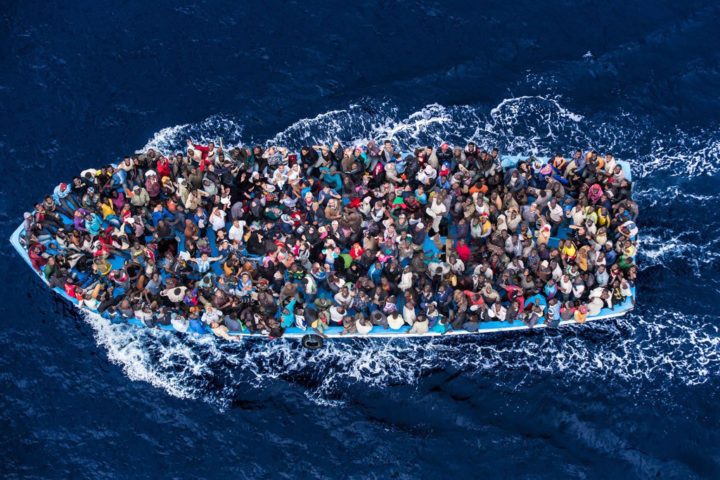Gerd Mueller said on Friday that in coming weeks Berlin would release details of what he called a ‘Marshall Plan with Africa’ – drawing a historical parallel to the US investment into Western Europe in the aftermath of World War Two. The new program would focus on youth, education and training, and strengthening the rule of law, Mueller said.
“We have to invest in these countries and give people perspectives for the future,” he told a news conference. “If the youth of Africa can’t find work or a future in their own countries, it won’t be hundreds of thousands, but millions that make their way to Europe.”
The minister added that there are currently an estimated 20 million displaced persons in Africa.
Last year Europe faced a flow of asylum seekers from Africa, the Middle East and Asia on a scale unprecedented since World War Two, with over a million people arriving over 12 months. The challenge sparked a rise of nationalism in Europe and strained relations between EU members, some of which reintroduced border control measures and toughened immigration laws.
The crisis was eased somewhat by a deal with Turkey, one of the two primary routes for refugees seeking to reach Europe. However, the path through Libya remains unchecked while Brussels’ relations with Turkey have soured since the deal was struck, putting its future into question.
The flow of refugees was partially caused by instability in Northern Africa and the Middle East. Libya was reduced to a failed state after NATO’s campaign, led by France and Britain, helped rebels oust the country’s authoritarian leader Muammar Gaddafi in 2011. A similar uprising in Syria, also supported by the West, escalated into a bloody armed conflict that has no end in sight.










